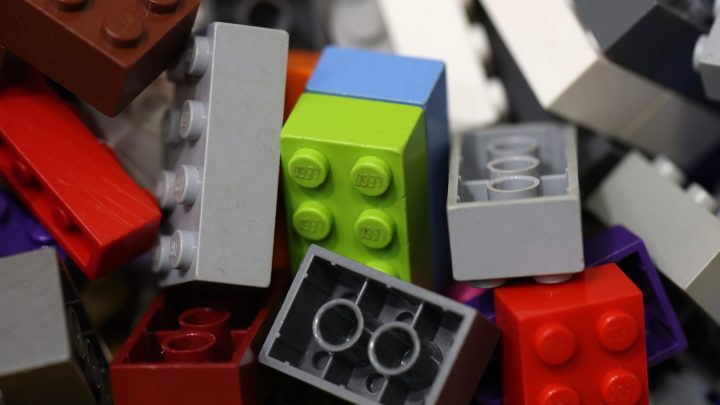
Lego says making bricks from recycled bottles produces more carbon than new plastic
Lego says making bricks from recycled bottles produces more carbon than new plastic

For years, the toymaker Lego has been trying to figure out how to make its plastic building blocks out of sustainable materials. It’s experimented with all kinds of things — Brazilian sugarcane, for instance, which worked, at least for some pieces. It also tried recycled plastic bottles, which … didn’t work.
The company said Monday it’s abandoning an effort to make its bricks out of recycled PET, the plastic found in many of our bottles and food containers.
The reason? Lego said using recycled material did not reduce its carbon emissions.
Both carbon budget and budget-budget come into play when companies consider whether to use recycled plastic.
I peeked into my recycling bin earlier today. There was a plastic tomato container, which definitely belonged in there, but with the film still attached. That part probably didn’t belong.
And, it looked like my husband put the broken turkey thermometer in the recycling bin, too. That’s optimistic.
It takes energy to sort through all of that stuff — to find the usable plastic, then, to move it where it’s needed. And then, to actually recycle it.
“There’s different types of recycling platforms for recycled polymers,” said Rachel Meidl, a fellow of energy and environment at Rice University’s Baker Institute. “And each one of those platforms and recycling technologies have different energy costs.”
There are financial costs to all of this, too. Which make recycled plastics much more expensive than the brand new kind.
Judith Enck is president of the nonprofit Beyond Plastics and a former Regional Administrator with the EPA. She pointed out that most virgin plastic is derived from either petroleum or ethane, which is a byproduct of fracking.
“And if you’re a company, looking at your financial bottom line, you are drawn to virgin plastics. And they are cheap, because the world has a glut of fracked gas,” Enck said.
Right now, we’re not doing a very good job of reusing plastic. A report from Beyond Plastics finds that in the U.S., only about 5 to 6% of plastic waste is actually recycled.
There’s a lot happening in the world. Through it all, Marketplace is here for you.
You rely on Marketplace to break down the world’s events and tell you how it affects you in a fact-based, approachable way. We rely on your financial support to keep making that possible.
Your donation today powers the independent journalism that you rely on. For just $5/month, you can help sustain Marketplace so we can keep reporting on the things that matter to you.

















